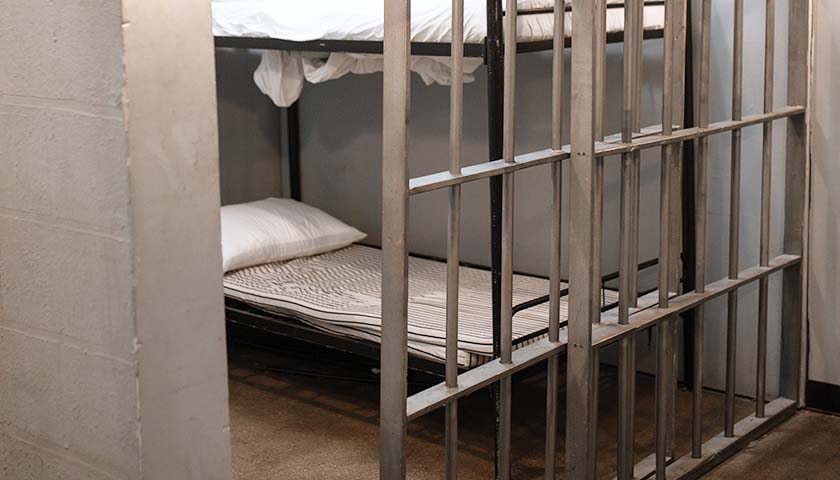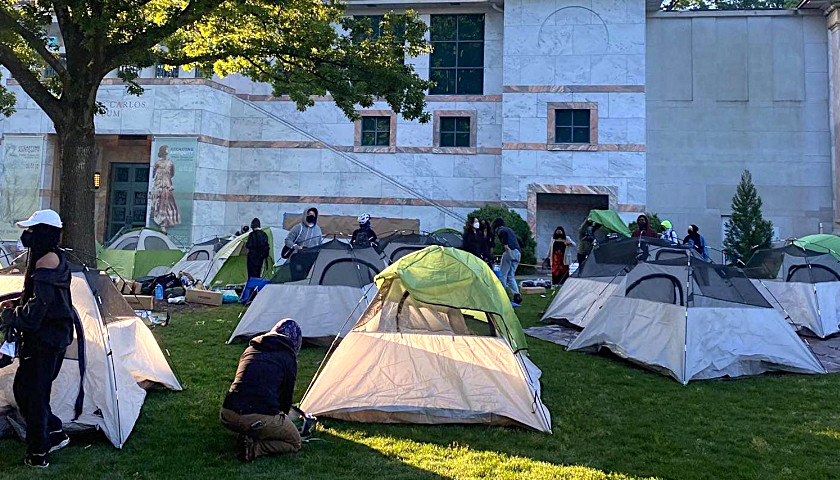by Eric Lendrum
On Tuesday, the Department of Justice (DOJ) announced that it would be permanently extending the early release of thousands of federal inmates who were set free due to a spike in COVID cases, as reported by the New York Post.
In doing so, the DOJ reversed an order previously made by President Donald Trump in January that would have seen such prisoners eventually returned to confinement. Instead, over 5,000 prisoners will now either remain in home confinement or be allowed to roam completely free.
“Thousands of people on home confinement have reconnected with their families, have found gainful employment, and have followed the rules,” Attorney General Merrick Garland claimed in his statement announcing the controversial move. “We will exercise our authority so that those who have made rehabilitative progress and complied with the conditions of home confinement, and who in the interests of justice should be given an opportunity to continue transitioning back to society, are not unnecessarily returned to prison.”
The order deliberately reinterprets certain wording contained in the CARES Act, the first major coronavirus relief bill signed into law back in March of 2020. According to the 15-page memo released by the Biden Administration’s DOJ, the bill could be “most reasonably interpreted” to give the Bureau of Prisons “discretion over which inmates to return to facilities and which to leave in home confinement at the end of the emergency period.”
Christopher Shroeder, an assistant attorney general with the Office of Legal Counsel, further claimed that the law “allows the agency to use its expertise to recall prisoners only where penologically justified, and avoids a blanket, one-size-fits-all policy.”
As a result of the CARES Act provision, which aimed to slow the spread of the Chinese coronavirus through federal prison facilities, as many as 35,000 inmates were transferred out of prison and into home confinement. Most of the prisoners in question completed their sentences, while several hundred committed additional crimes while on release and were sent back to prison. Approximately 5,000 prisoners remain in home confinement, and these are the prisoners who will be most impacted by the Justice Department’s latest order.
– – –
Eric Lendrum reports for American Greatness.








